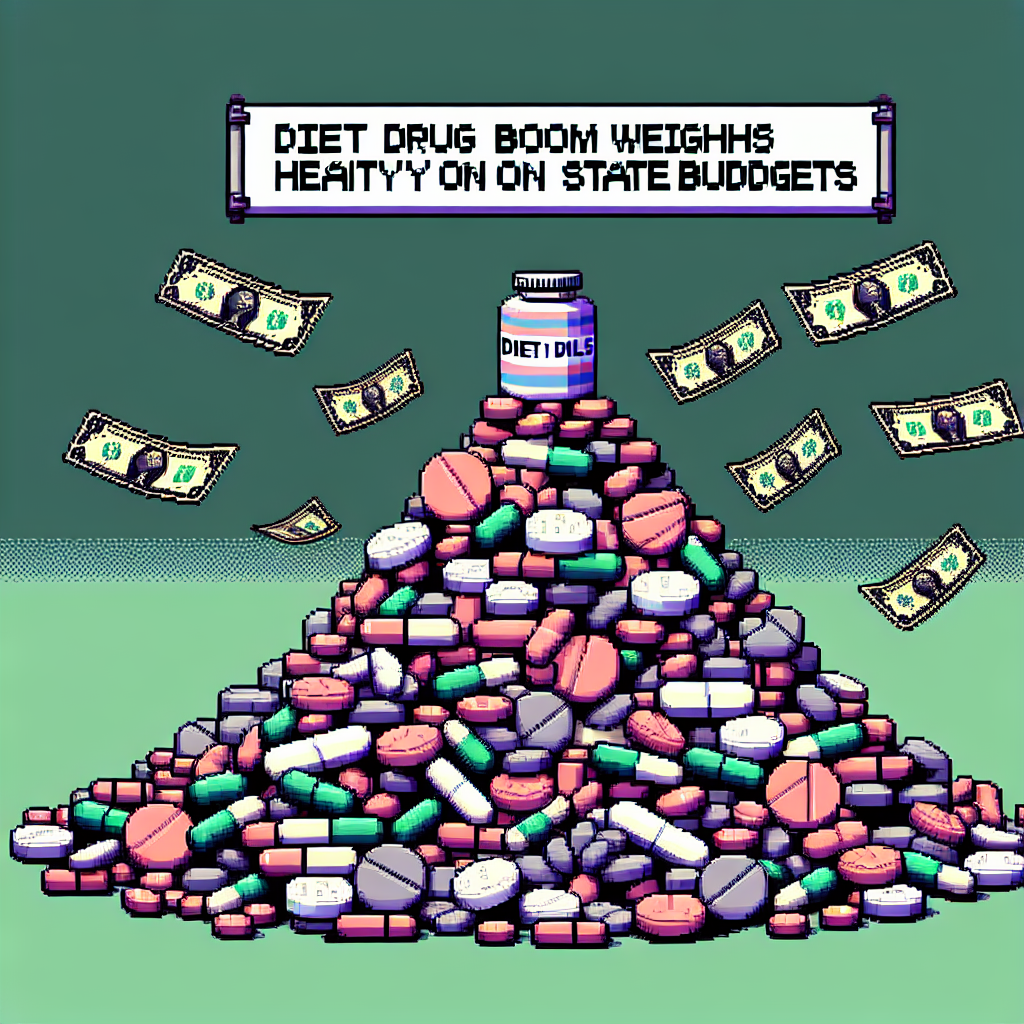Ludvig Åberg rallies, gets revenge at Torrey Pines with Genesis Invitational win - NBC Sports | Analysis by Brian Moineau
**Title: Ludvig Åberg: From Setback to Comeback at Torrey Pines**
In the world of sports, narratives of redemption and triumph over adversity are as timeless as the games themselves. Enter Ludvig Åberg, the Swedish golf prodigy who recently penned his own remarkable chapter at the Genesis Invitational. Just three weeks after an illness sidelined him at the Farmers Insurance Open, Åberg returned to the same challenging greens of Torrey Pines to claim a sweet victory. It's a story that resonates with anyone who's ever faced a setback and emerged stronger on the other side.
For those unfamiliar with Åberg, he's been making waves in the golfing world with his precision and calm demeanor on the course. Despite being a relatively new face in professional golf, Åberg has quickly established himself as a force to be reckoned with. His recent triumph at Torrey Pines adds a prestigious feather to his cap, and it's a testament to his resilience and determination.
Åberg's journey is reminiscent of other inspiring comeback stories in sports. Take, for instance, Tiger Woods, who famously overcame personal and physical struggles to win the 2019 Masters—a moment that transcended golf and captured the hearts of sports fans worldwide. Similarly, Åberg’s victory at Torrey Pines serves as a reminder that setbacks, no matter how daunting, can often set the stage for a grand return.
Beyond the fairways, Åberg's comeback parallels broader themes in the world today, where resilience and adaptability have become crucial. In these times of uncertainty, stories like his remind us of the human spirit's capacity to rise above challenges. Whether it's overcoming illness, personal struggles, or professional hurdles, Åberg’s journey is a beacon of hope and inspiration.
Moreover, Åberg's win at the Genesis Invitational is a testament to the power of perseverance and preparation. It's not just about the physical game but also the mental fortitude required to excel in high-stakes environments. This is something that resonates across various fields, from athletes to entrepreneurs, to anyone striving to achieve their goals despite facing obstacles.
In the golfing community, Åberg's victory at Torrey Pines might also spark discussions about the importance of health and well-being in sports. His story underscores how crucial it is for athletes to listen to their bodies and prioritize recovery, a lesson that extends beyond sports into everyday life.
In the end, Ludvig Åberg's story is not just about winning a tournament; it's about the journey, the resilience, and the unwavering spirit that defines champions. As he continues to carve his path in the golfing world, we can all take a page from his playbook—embracing challenges, learning from setbacks, and savoring the sweet taste of victory when it finally arrives.
So, here's to Ludvig Åberg—a rising star who reminds us all that sometimes the greatest victories are born from the toughest battles. Whether you're a golf enthusiast or simply someone who appreciates a good comeback story, Åberg’s triumph at Torrey Pines is one for the books. As we look forward to seeing more of his exceptional talent, let’s carry his story with us as a testament to the power of perseverance.
Read more about AI in Business

